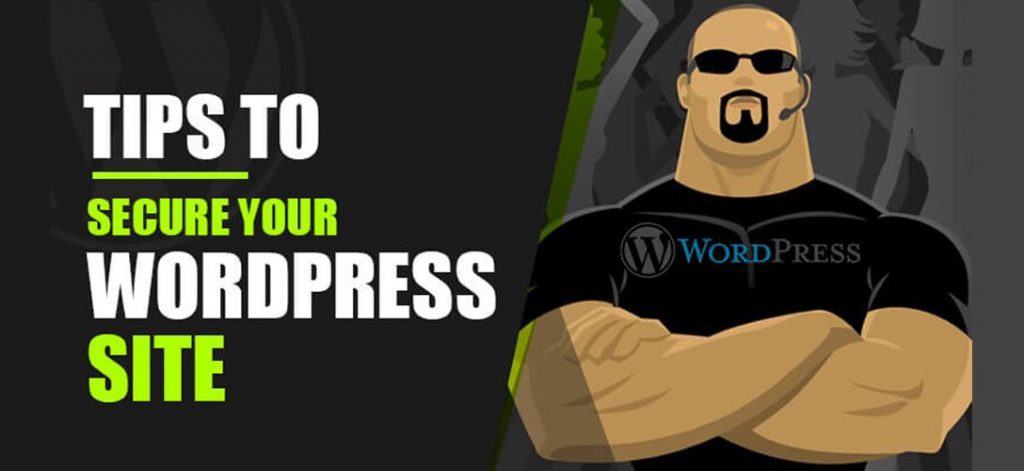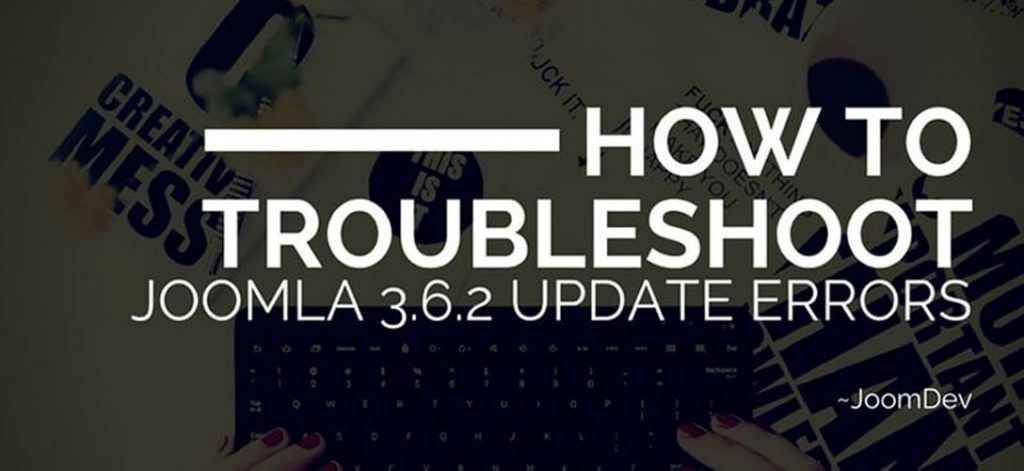Buying a web hosting space and developing a website on WordPress is easier than you can imagine but the real deal comes with the maintaining it securely against all odds like data loss, hacks, server crashes and so. In this article, we will be discussing the 13 quick preventive ways for a secured WordPress website. If you have a Joomla Website, must check out this article to make sure your Joomla site is secure.
Preventive Ways to Ensure a Secured WordPress Website
How To Secure Your WordPress Website?
Securing the login page to prevent brute force attacks
One of the most common underlying threats for WordPress platform is the login page. The hackers target the login page of the website at first which would be generalized by a set of commonalities with the brute force attacks. To secure the WordPress site, it is first needed to be secured at the gate itself.
Install login page lockdown plugins like iThemes security which is formerly known as WP Security that locks down the page after a few unsuccessful logins.
Use 2-factor authentication for added security
Use Google 2 factor authentication for your login that protects your login page from every login. You can be conscious about each login all by yourself. You can set the password followed by the secret question, secret code or set of characters. For those who wants to keep an eye on every login in their website, Google 2 factor authentication can answer it.
Rename your login URL
The login URL of the WordPress websites would be generally extended by the /login-PHP and /wp-admin. The registration URL would be extended with the /wp-login.php?login=register which has to be changed along with the login URLs.
The above told iThemes Security plugin can help you change them to your custom URLs making them un-expectable to bots and hacker code snippets.
Create a strong login password
The password is the key thing to look after about the security. Do not use the same password for every website. You may feel lazy to create and remember a new password for every site, but to secure, you must consider creating a good password that is non-guessable and software crackable.

A secure password should contain the all the possible type of characters on the keyboard in an order that confuses the password cracking software to predict the millions of permutations which would usually take months to break. The best time to change the password is within 6 months.
Secure the wp-admin area with password
The wp-admin area can be accessed right after bypassing the login page. Let it be password protected too. By this, the hacker, though getting bypassed the login page would be asked to log into the wp-admin area which gives the access to the whole site and pages with a dashboard UI.
You can use AskApache Password Protect plugin for securing the admin area by creating a .htpassed file that configures the security-enhanced permissions to the files.
Get SSL certificate for WordPress website
The Google is right. Getting the security connection to the server is a big asset of security for the website owners. Take SSL certificate can be brought from the hosting provider and can be applied to the domain.
The SSL connection encrypts the connection and makes sure no eves drop is happening to it in between.
Monitor your files
Always secure the files in the directory with the plugins like Wordfence and iThemes Security. These plugins restrict access to the private directories of your website and avoid restricted downloads from it. After all, the files in the directory are all your website is. Don’t neglect this perspective of applying the security.
Backup site regularly

Backup is the best plan B for any website to retreat to the safe house. Sometimes, the hackers find new ways to hack the websites like the latest WannaCry ransomware that has been spread over countries and spoiled the administration of the government. So, as you can’t expect what’s coming which way, it is always better to have a regular backup of your site.
Change the WordPress database prefix
The WordPress will create a database for your site during installation and that would start with ‘wp-‘ like the prefix. These type of common prefixes are vulnerable to the attacks like SQL injection. Change the wp- extensions to customized ones in order make them hard to guess.
Disable file editing options
Once the hackers get the access to the dashboard, he will definitely go to the file editing of themes and plugins to disrupt the major elements on the site. The best way to protect is to disable the editing of the files from the dashboard.
Protect wp-config.php file
Protecting files should knock you about the most crucial file of the WordPress installation, the wp-config.php file which will have control to the whole configuration of the website. This is located in the root of your WordPress directory with the most important details like the connection to the database, the login username and password of it and so on.
Take care of directory permissions
The permissions to the directories hold the important part of the website’s security. Any wrong configurations of the files can give access to the whole website like the owner will have. So, while setting directory permissions, be careful and make sure you don’t allow internal directories to be accessed by the external users.
Using the 755 or 644 permissions on the directories can help you protect the whole system by restricting access to directories, subdirectories, and individual files. You can even do it in the file manager by using ‘chmod’ command.
Disable access to directory listing in .htaccess file
If you wanted to create new directories to the website, you don’t do it just like that in an easy way. The visitors can get the full access to the directory listing from their end.
Any such directory listings mentioned would be accessed with no password asked the visitors which is a catastrophe to the security of the website. You can restrict access to those listings by entering Options All –Indexes line in the .htaccess file.








